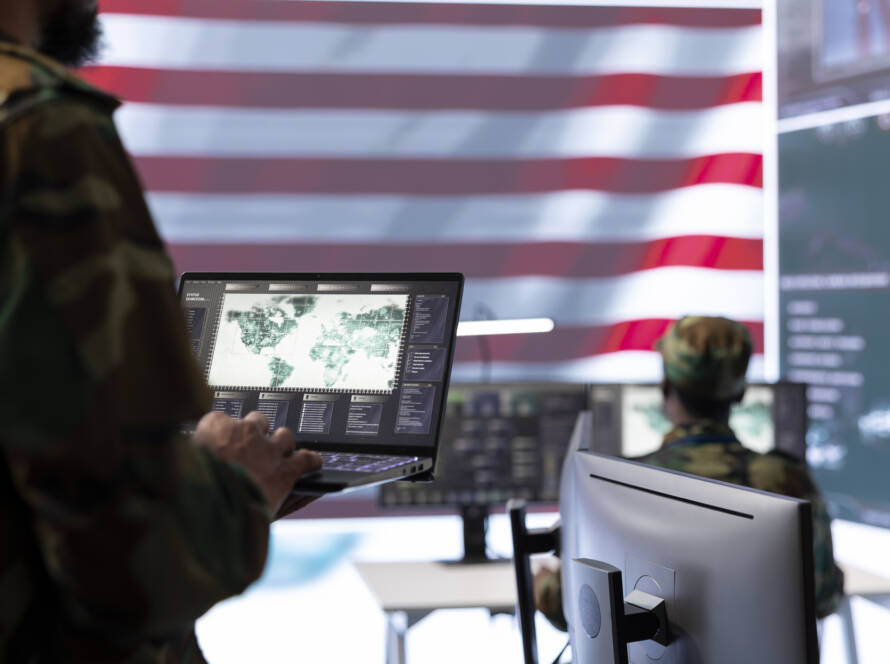By JMJ Propulsion Labs Editorial Team
On April 1, 2025, the U.S. Department of State and Treasury jointly imposed a new wave of sanctions targeting a covert international procurement network supplying Iran’s UAV programs. The action aims to dismantle a multi-national scheme funneling key components—such as servomotors and avionics—to Iran’s Qods Aviation Industries and affiliated entities, which are instrumental in building the Shahed-series drones used in conflicts around the world.
These sanctions mark a pivotal escalation in America’s counter-UAV strategy, disrupting suppliers based in Iran, the UAE, Hong Kong, and China. The Treasury Department underscored the effort’s significance, stating, “We will continue to act against the complex schemes Iran employs to conceal its acquisition of sensitive technology for its missile and UAV programs.”
Targeting Iran’s Global Drone Supply Chain
Among the entities sanctioned are Pishtazan Kavosh Gostar Boshra and Narin Sepehr Mobin Isatis, which operated as front companies sourcing sensitive technology under the guise of commercial trade. The components acquired via these firms have been identified in UAV debris recovered from battlefields in Ukraine and other global hotspots, further underscoring the reach of Iran’s export activities.
The U.S. government’s move reflects a strategic focus on supply chain interdiction—disrupting procurement at the component level before drones can be deployed. It’s a shift from reactive to preventative action, aimed at collapsing the international logistics scaffolding that supports Iran’s drone manufacturing ecosystem.
Implications for Contractors and Procurement Leaders
For U.S. federal contractors and global technology firms, this development reinforces the urgency of export control compliance and supplier due diligence. The inclusion of non-Iranian entities in the sanctions list—especially from jurisdictions like Hong Kong and the UAE—serves as a warning: enforcement efforts now prioritize global accountability, not just domestic oversight.
Contractors must deploy proactive measures, including end-to-end supplier audits, EAR/ITAR screening tools, and contract clauses mandating transparency from third-party vendors. The risk of inadvertent exposure to sanctioned networks has grown exponentially in today’s interconnected procurement environments.
Strategic Insight from JMJ Propulsion Labs
At JMJ Propulsion Labs, we view these developments as a call to elevate how mission-driven buyers source, screen, and secure components. Our procurement intelligence systems now integrate real-time alerts for supplier risk, embargoed technologies, and international export compliance violations—ensuring that our clients remain in full alignment with federal mandates.
These sanctions also validate the core principle behind JMJ’s sourcing approach: compliant technology deployment starts with compliant technology sourcing. In today’s landscape, integrity must extend through every layer of the supply chain—from chip-level components to finished systems.
Looking Ahead
As Iran continues to advance its drone capabilities and expand its geopolitical influence through UAV exports, the U.S. will likely expand the scope of sanctions and enforcement actions. Contractors and integrators in the unmanned systems space must stay agile—updating internal compliance frameworks, vetting new suppliers, and fostering transparency at every step.
JMJ Propulsion Labs remains committed to helping government partners and contractors anticipate, adapt to, and act upon emerging procurement risks. The April 2025 sanctions represent not only a policy shift but a strategic imperative: secure sourcing is now inseparable from national security.
Source: U.S. State Department



